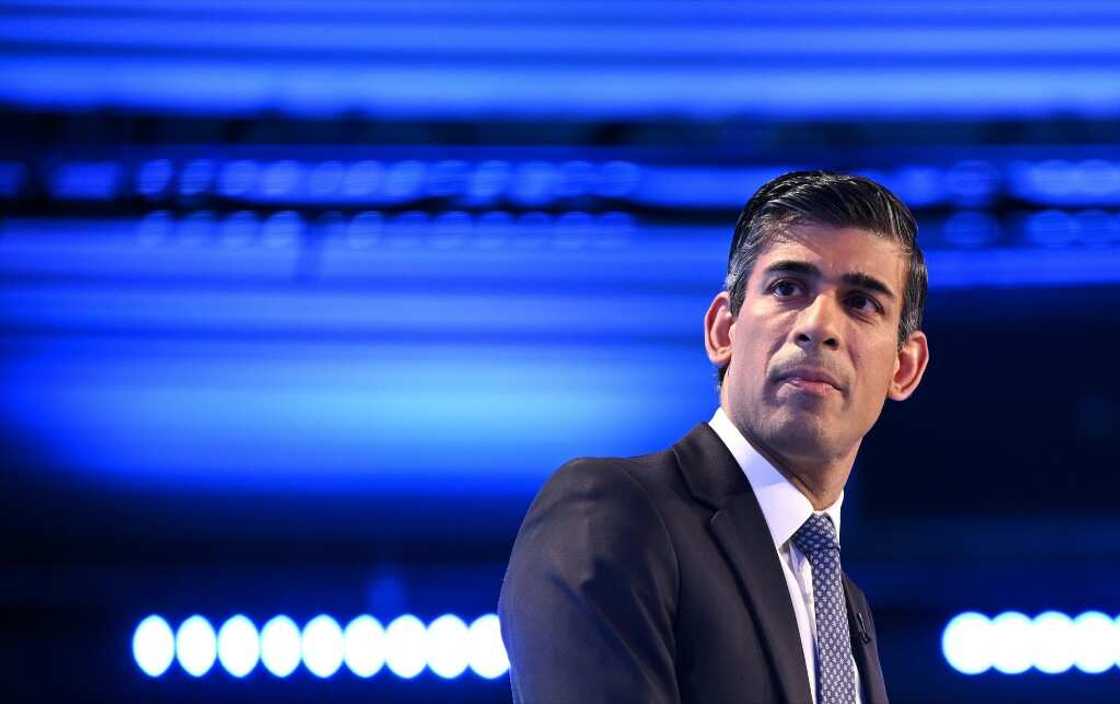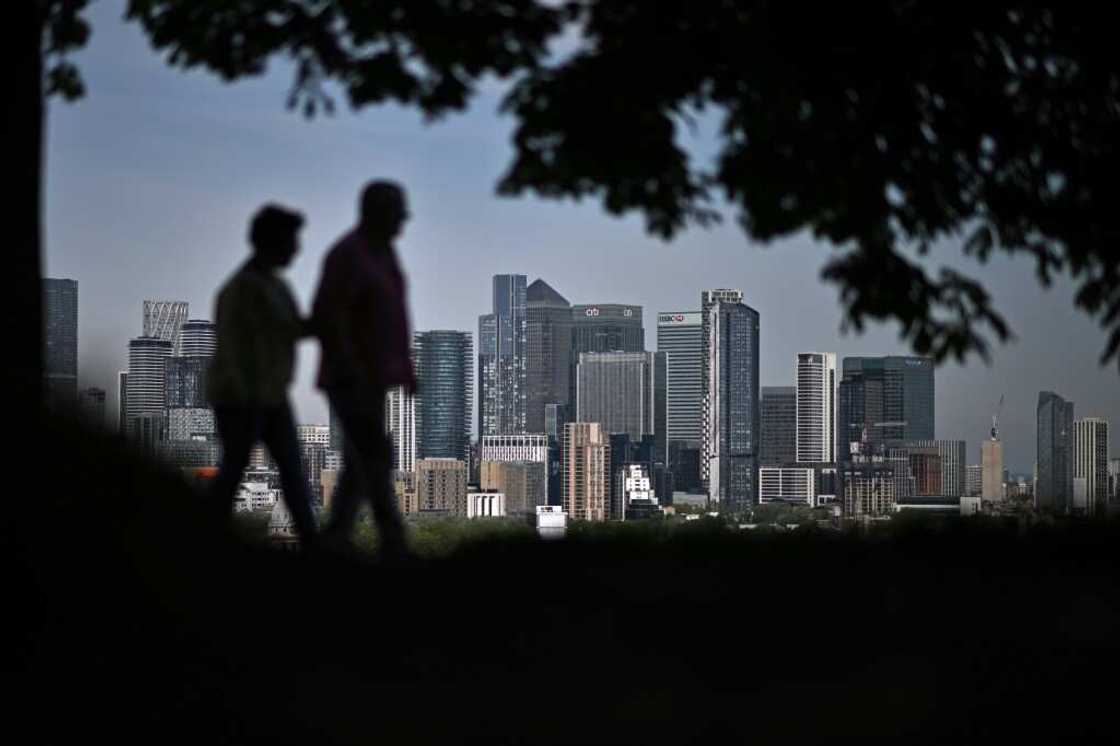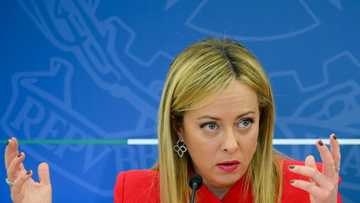UK public finances worsen, as OECD warns on outlook

Source: AFP
PAY ATTENTION: Click “See First” under the “Following” tab to see Legit.ng News on your Facebook News Feed!
UK state borrowing jumped last month, official data showed Tuesday, as the government cushions consumers from soaring energy bills which the OECD said could further push up inflation.
Public sector net borrowing hit £13.5 billion ($16 billion) in October, up from £9.2 billion a year earlier, the Office for National Statistics said in a statement.
It came as the Organisation for Economic Co-operation and Development forecast the UK economy would contract more than any of the world's seven most advanced nations next year.
The organisation added that the government's cap on energy bills could have been better targeted, placing the focus on the poorest.
"Better targeting of measures to cushion the impact of high energy prices would lower the budgetary cost, better preserve incentives to save energy, and reduce the pressure on demand at a time of high inflation," the OECD concluded.
The organisation added that the UK economy would contract 0.4 percent next year.
PAY ATTENTION: Follow us on Instagram - get the most important news directly in your favourite app!
This was a more positive verdict, however, compared to the UK government which predicts output to shrink 1.4 percent in 2023 in a recession it says is already underway.
Inflation fallout
Despite the bleak outlook, Prime Minister Rishi Sunak's spokesman on Tuesday said that UK growth this year would be the highest of the Group of Seven countries.

Source: AFP
The government and OECD both see UK growth of above four percent this year.
Current economic challenges "are affecting different countries at slightly different times", the spokesman said.
"We emerged from the pandemic faster than many other countries in Europe. But some of these challenges are shared... You only have to look at inflation."
Official data released Tuesday showed "October's high borrowing figure largely is a consequence of the government's decision to shield households from most of the surge in energy prices", noted Pantheon Macro analyst Samuel Tombs.
Sunak's Conservative government has maintained subsidies for household energy bills introduced by his predecessor Liz Truss after prices rocketed in the wake of Ukraine's invasion by key producer Russia.
UK inflation stands at a four-decade high above 11 percent, resulting in more higher interest repayments for the government.
Data Tuesday showed that total UK debt rose in October to almost £2.46 trillion, or 97.5 percent of gross domestic product.
"It is right that the government increased borrowing to support millions of businesses and families," finance minister Jeremy Hunt said in response to the latest release on public finances.
"But to tackle inflation and ensure the economic stability needed for long-term growth, it is vital that we put the public finances back on a more sustainable path."
In a budget last week, Hunt hiked taxes and slashed spending to reverse Truss's unfunded tax cuts that had sent the pound sliding and UK borrowing costs surging.
Keir Starmer, leader of Britain's main opposition party Labour, told business leaders Tuesday that his party would "give Britain the clear economic leadership it needs" if elected in the next general election not due until 2024.
"We will inherit an economy that's been damaged by the last 12 weeks and the last 12 years, and we need to fundamentally accept that," he told the annual conference of the Confederation of British Industry.
Source: AFP





